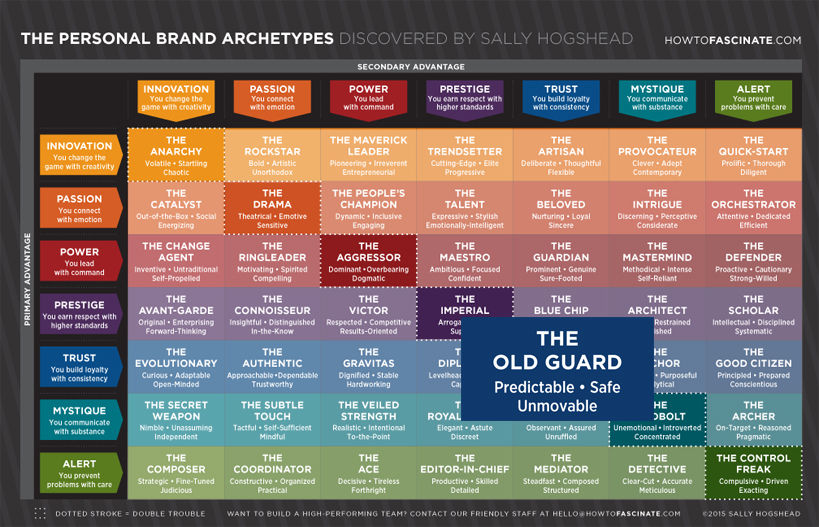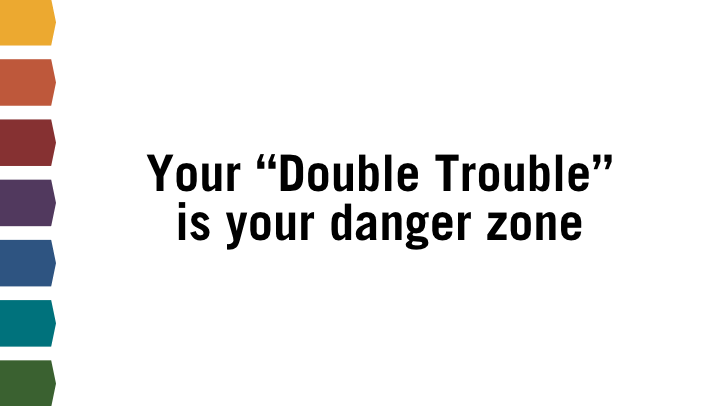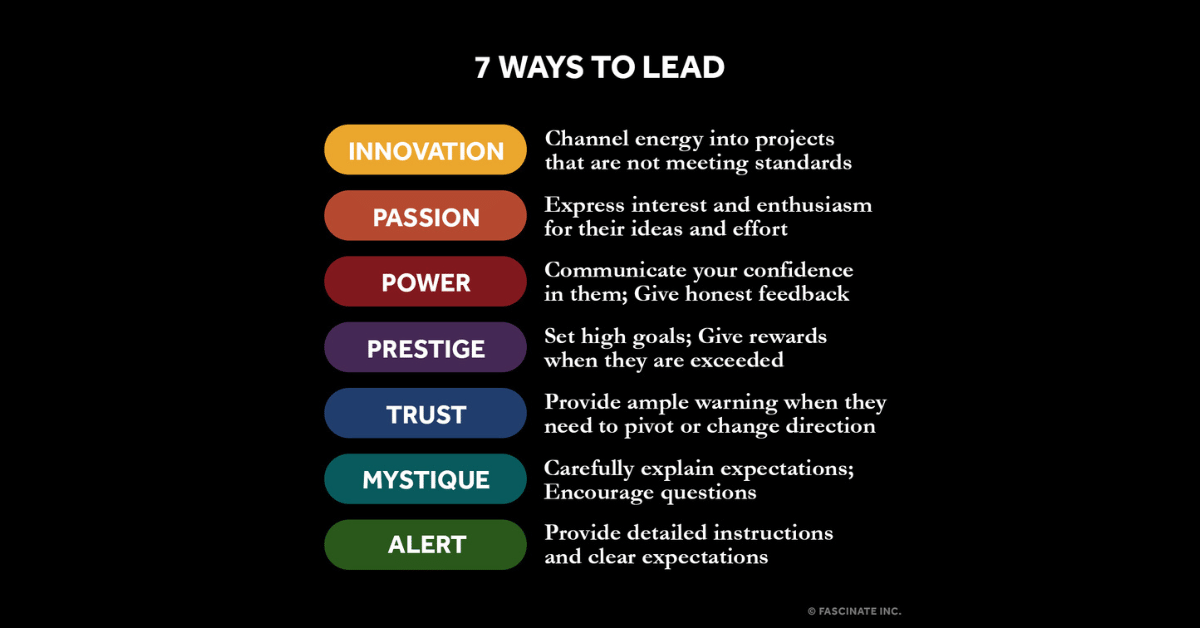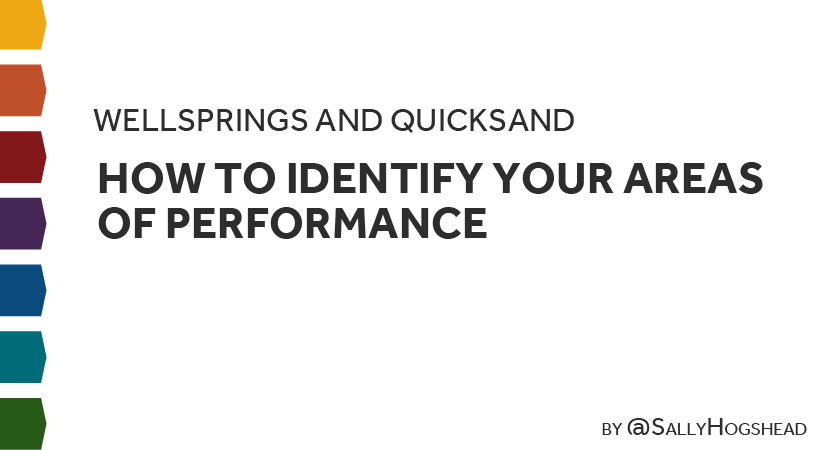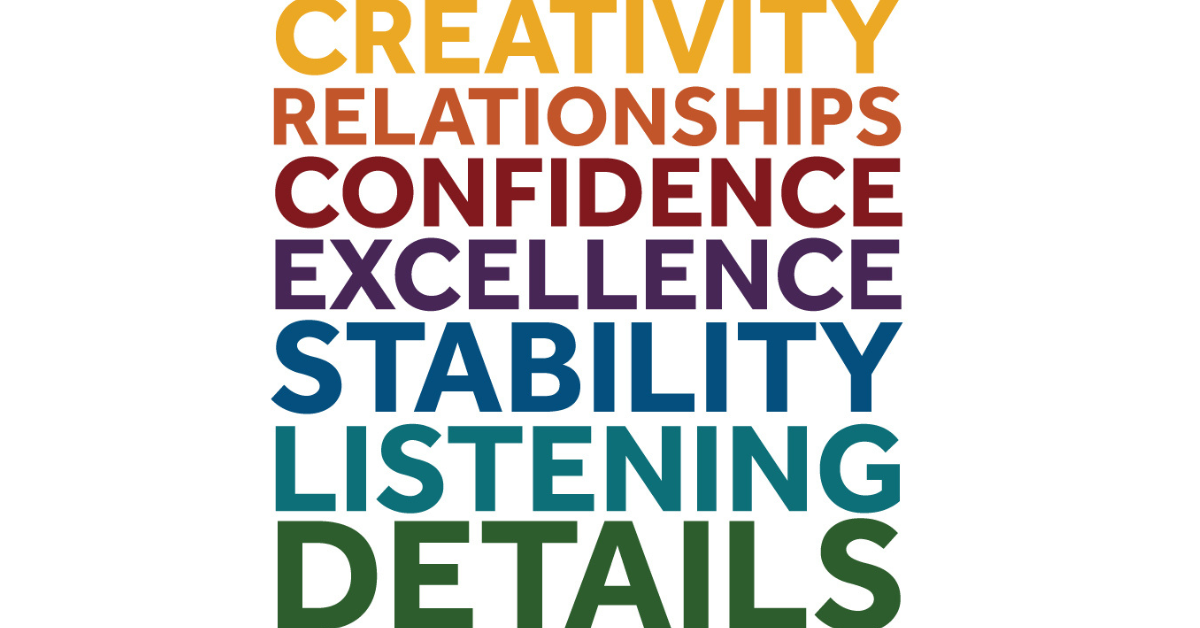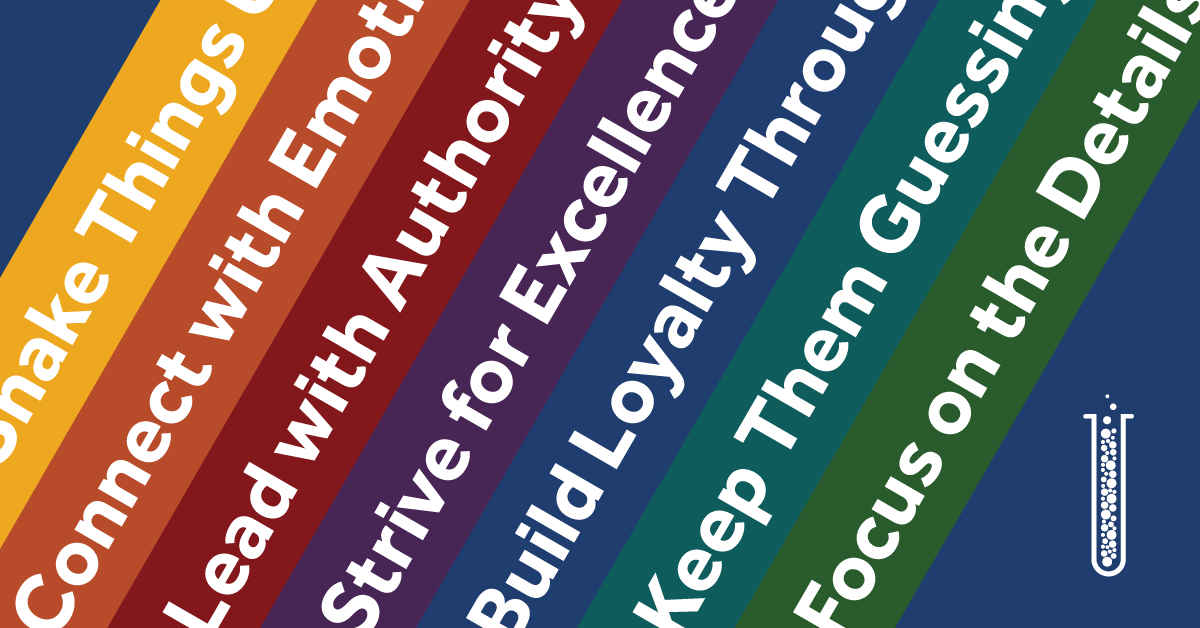Your personality has valuable, captivating differences. These attract people to you, and help you build relationships.
Yet we all have one fatal flaw.
When you get stressed, or tired, or out of whack, you can become exaggeratedly one-dimensional.
Your advantage becomes a disadvantage.
Rather than being seen in a positive light, you can turn people off, or push them away. I call this a “Double Trouble,” because rather than having a healthy balance, you are “doubling up” on one trait.
This causes big problems at work, and at home, often without our realizing it. It’s our personality danger zone.
The good news is, there are patterns behind our pitfalls, and once you know what they are, you can avoid turning people off. Once you know your personality’s danger zones, you can avoid those pitfalls.
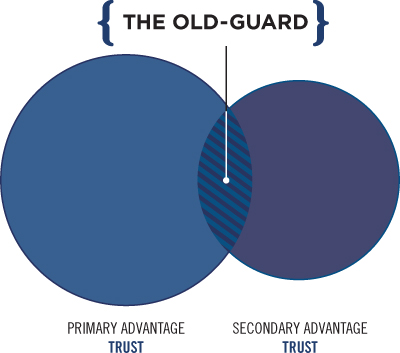
Your personality normally uses two dominant qualities: Your Primary and Secondary Advantages. These two Advantages balance each other and help your Archetype communicate within a healthy range.
Your Primary Advantage + Your Secondary Advantage = Your Archetype
However, what happens when you get stressed, overwhelmed, or fearful?
Trust personalities build a loyal team. They are even-tempered, committed, and dependable. Cool under pressure, they offer stability in times of stress. They follow through on what they promise, use tried-and-tested methods, and deliver on time.
When your trusted security blanket becomes a wet blanket
Trust builds consistency and loyalty. But watch out if you’re a Trust personality who forgets to use your secondary Advantage:
- You can become too predictable, and perhaps a bit boring.
- No one will ask for your opinion; others know exactly what you’re going to say.
- You’ll unwaveringly insist, “That’s how we do things here.”
- Occasionally, you can even be perceived as obsessive-compulsive because you adhere too strictly to patterns.
A strong focus on Trust can turn people into boring old fogies. You can become stuck in your ways. Your aversion to experimenting and risk-taking can lead to staleness. New opportunities may be missed.
An example of a Trust personality in security blanket mode
Kristy is dependable and people appreciate that they can count on her.
However, when Kristy becomes tense or fearful, she comes across as narrow-minded. In this mode, she gets locked into fixed routines and is not open to the possibility of alternatives. As a manager, she becomes shut down to opportunity, losing the ability to consider alternatives or new ideas. In this one-dimensional mode, she’s only open to one way of thinking (the way it’s always been done). People perceive her as stale.
Kristy speaks Trust, which is the language of stability. Yet in Double Trouble mode, she only speaks the language of predictability. She becomes safe and immovable.
When Kristy recognizes that she’s in Double Trouble mode, she can balance the need for routine with a positive openness to change.
Getting the Old Guard to relax
When you’re stressed or anxious and find yourself communicating just one way, it’s good to remember your secondary Advantage to balance your messages:
If your Secondary Advantage is Passion, use it to inject impulsiveness into your routine.
Passion will also help you to build rapport quickly with new team members or prospects.
If your Secondary Advantage is Mystique, use that Advantage to pause for a moment, and see if you should reevaluate your patterns.
Take your time to work out thoughts for yourself.
If your Secondary Advantage is Prestige, use this to encourage your team to achieve better results and strive for excellence.
Don’t lead your team down the most reliable path at the expense of a high quality result.
If your Secondary Advantage is Power, use it to take control of a new team.
It takes time to build loyalty, so when you need to be in command quickly, use your authority to set goals and motivate your team.
If your Secondary Advantage is Alert, use that Advantage to focus your team on hitting deadlines.
Nurturing good working relationships is good, but sometimes you need to point out the negative consequences of failure to meet objectives.
If your Secondary Advantage is Innovation, use it to accept new ways of doing things.
Experiment a little. Tweak processes to see how you can improve current work practices.
Do you feel yourself slipping into the Old Guard when you feel stressed or overwhelmed?
What Advantage do you use to balance it out?
Discover your most impressive qualities today. Log in or take the Fascinate® test here.
In less than 5 minutes, you’ll find out exactly how you’re most likely to add value. Unlock your Fascinate profile–or send a friend to find theirs–right here.
